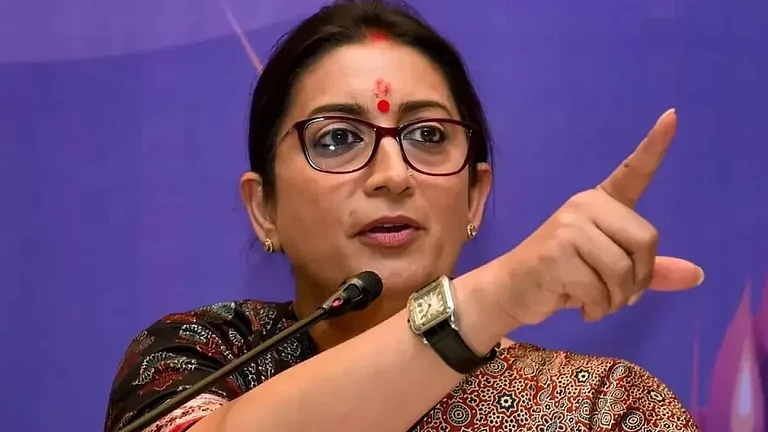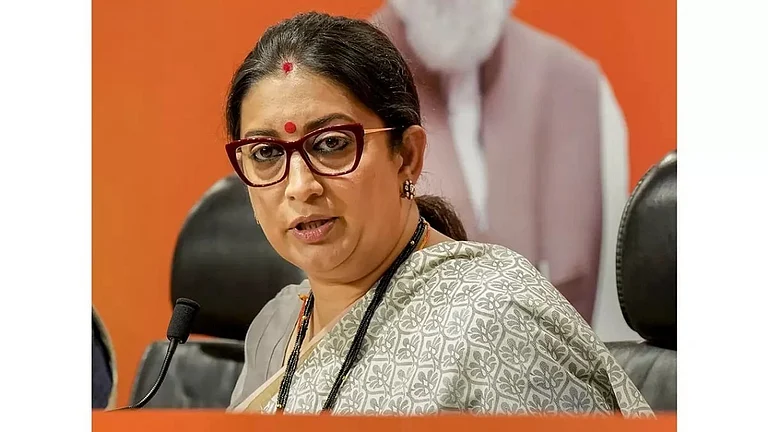Proprietary units headed by women in the unincorporated, non-agricultural enterprises surged to 26.2% in 2023-24 as compared to 22.9% in 2022-23, said the Ministry of Statistics and Programme Implementation (MoSPI) on Wednesday. The Annual Survey of Unincorporated Enterprises (ASUSE) 2023-24 report also highlighted that the highest share was seen in manufacturing with around 58% of establishments in the manufacturing sector being led by female proprietors during the survey period.
However, overall employment generation in the unincorporated manufacturing sector remained below the 2010-11 levels. As compiled by the Business Standard newspaper, the manufacturing sector employed around 33.7mn workers in 2023-24 whereas the number of employment stood at 34.9mn in 2010-11.
Overall, the sector has witnessed significant growth as it saw 12.84% increase in the number of establishments, a 10.01% rise in workforce, and a 16.52% jump in gross value added (GVA) at current prices, compared with the same period in 2022-23 between October 2023 and September 2024.
"The top three states in terms of GVA were Maharashtra, Uttar Pradesh and Gujarat during ASUSE 2023-24," the survey stated.
In rural areas, the usage of the internet for entrepreneurial purposes has increased from 13.5% in 2022-23 to 17.9% in 2023-24. In the urban sector, the number went up to 37% from 30.2% during the same period.
"Overall, it increased from 21.10% to 26.70% during ASUSE 2023-24, as compared to ASUSE 2022-23," the report added.
Employment in Informal Manufacturing Sector
As per reports based on ASUSE analysis, between July 2015-June 2016 and October 2022-September 2023, Unincorporated enterprises in the manufacturing sector lost nearly 1.8 million establishments which impacted 5.4 million jobs.
The total number of unincorporated enterprises operating in the manufacturing sector in October 2022-September 2023 went down by almost 9.3% to 17.82mn as compared to 19.7mn in July 2015- June 2016.
Unincorporated sector enterprises are owner-operated businesses not registered as separate legal entities from their owners. This sector not only sustains livelihoods for millions but also acts as a backbone for the industry incorporated by supplying goods and services, reinforcing its role in the domestic value chain. It also plays an important role in the Indian economy contributing significantly to employment, gross domestic product (GDP) and the overall socio-economic landscape.
































